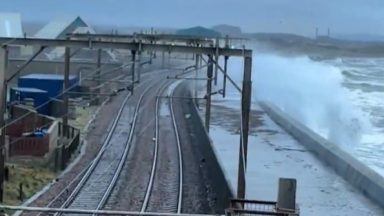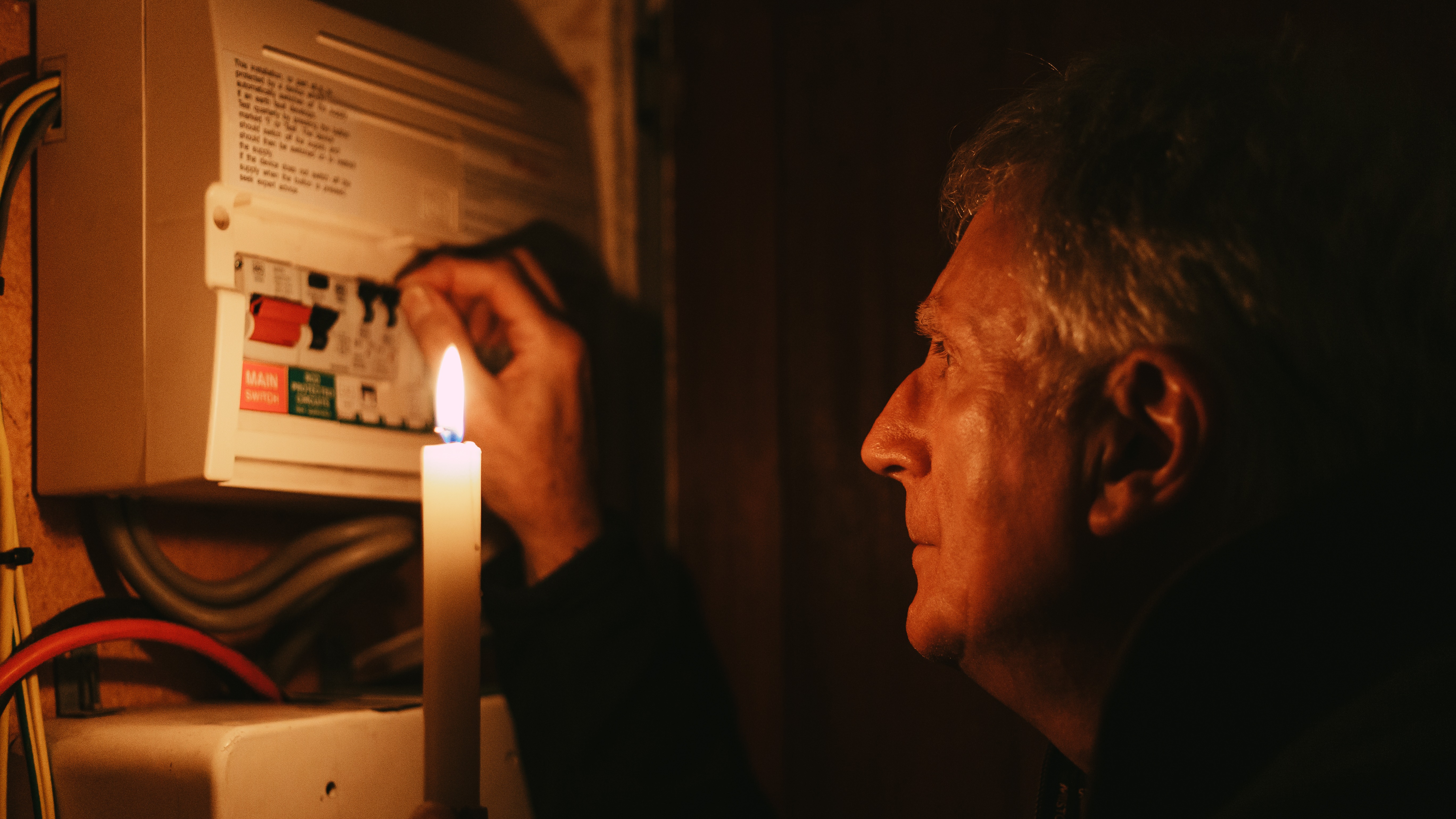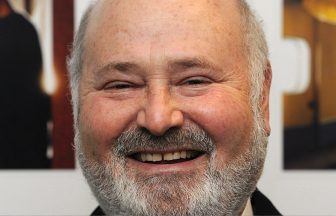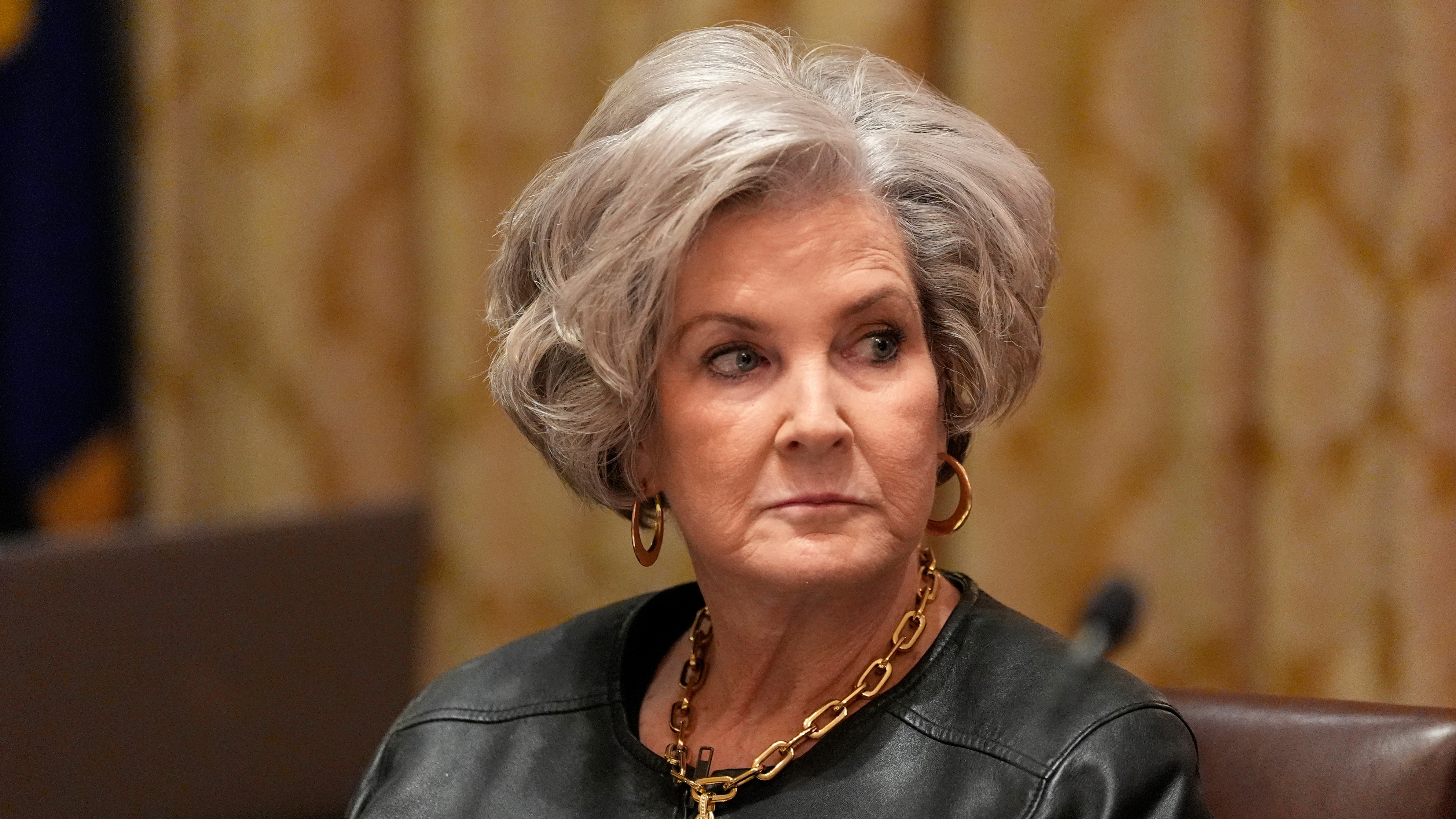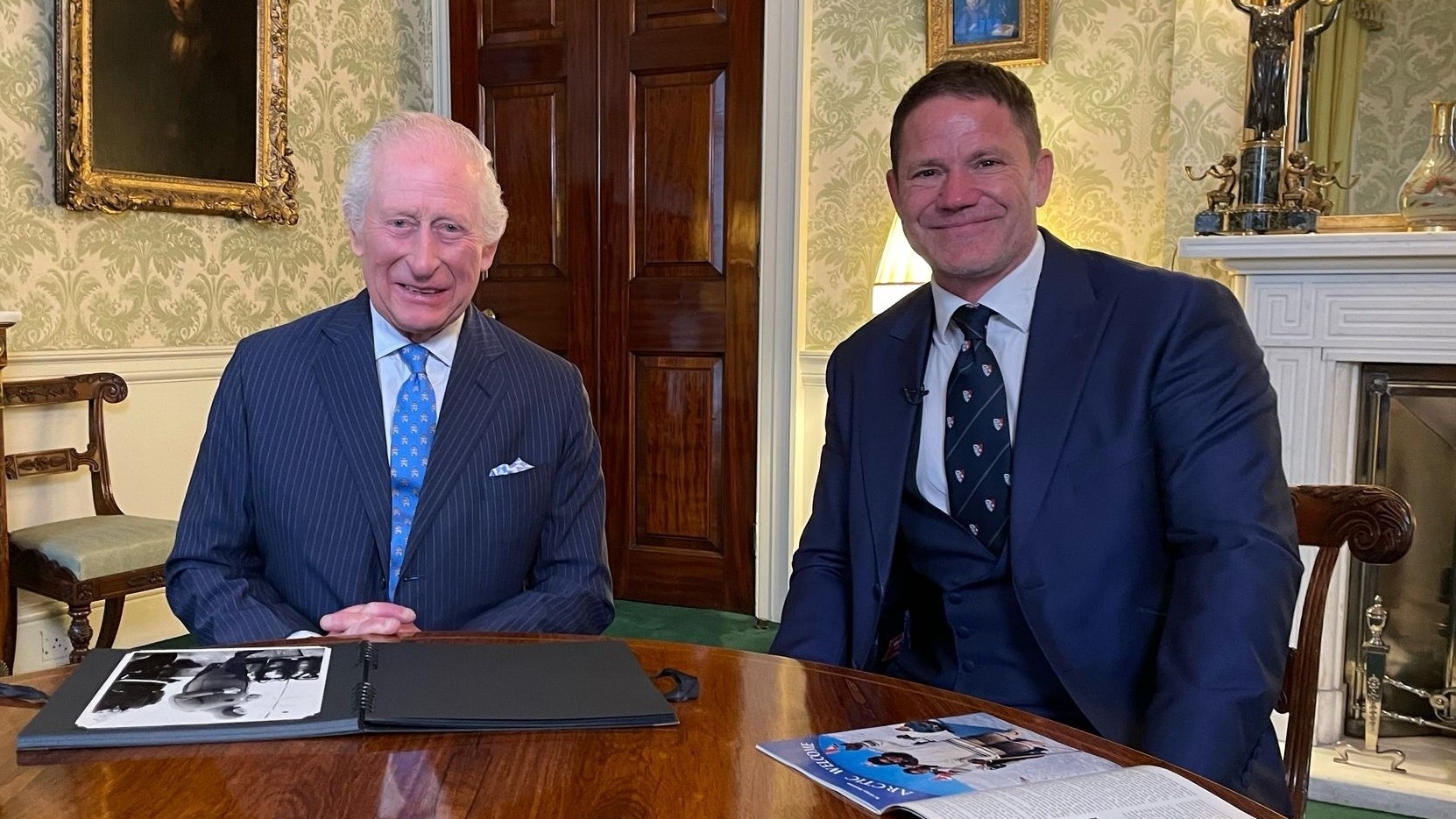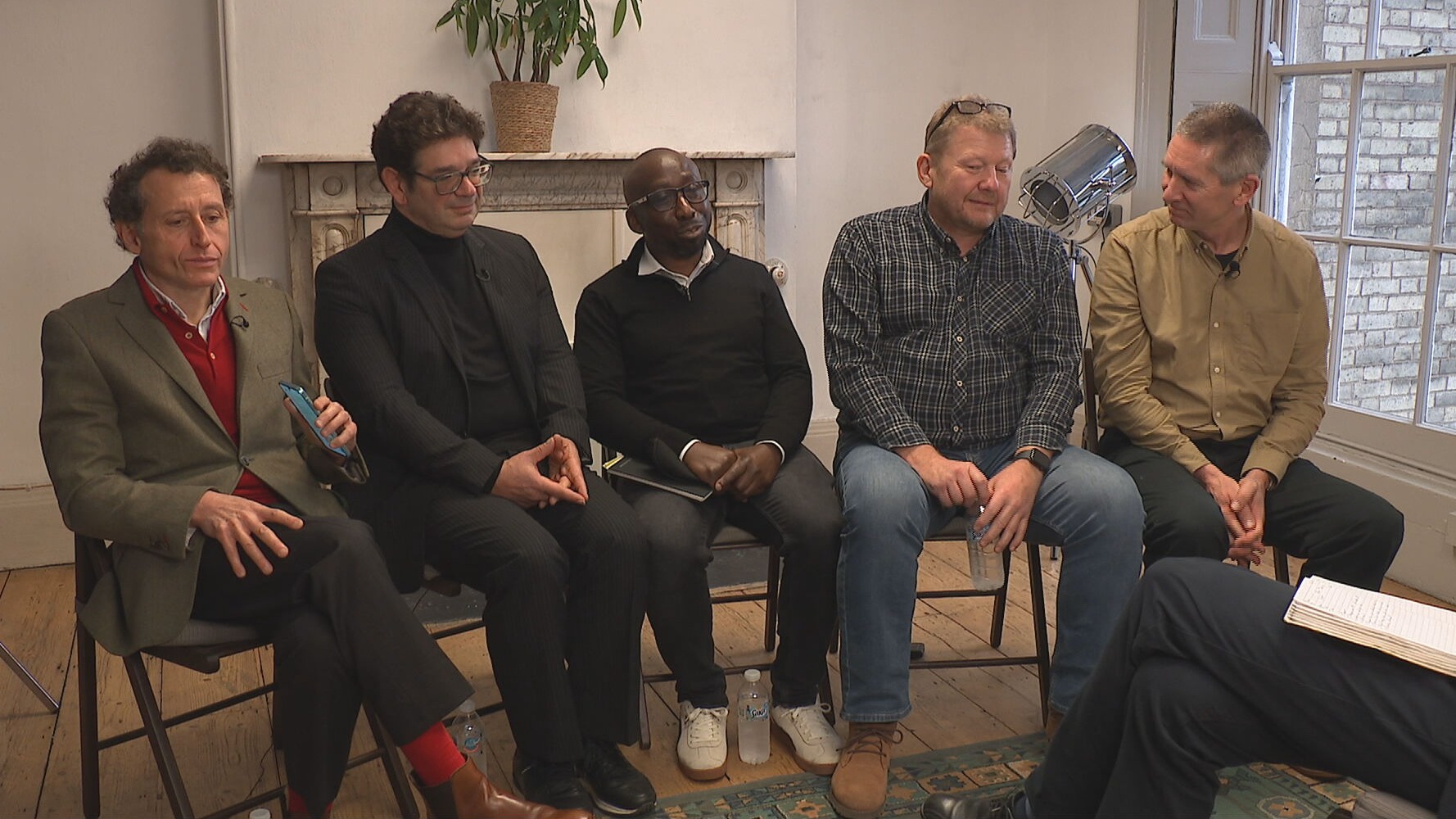A few weeks ago, the chancellor Jeremy Hunt was busy making the point that there was virtually zero chance of tax cuts being announced in this week’s autumn statement.
Yet when pressed on the issue at the weekend, he would not rule out cutting a whole series of taxes on Wednesday.
So, what’s changed?
Now you could take a benevolent interpretation of what amounts to a spectacular U-turn.
You could point to a fiscal position which is not as bad as that predicted by the Office for Budget Responsibility earlier in the year.
Specifically, compared to earlier estimates, Hunt has about £10bn of headroom resulting from a higher tax take and falling inflation.
Allied with a squeeze on spending and you have the genesis of tax cuts.
Now using a potentially short-term improvement in the public finances to fund long-term tax cuts appears to
this observer to be the kind of behaviour that Hunt said he would not engage in.
The real reason for tax changes on Wednesday is nothing to do with a transitory position in the public finances.
Rather, it is a sign of political desperation.
Backbench MPs, facing an electoral armageddon according to the polls, are demanding that the chancellor
does something to appease the party’s electoral base.
Those MPs on the right, despair that the Tories have lost their mojo as the party that can be relied upon to cut
tax.
The fact that they are presiding over the largest tax burden in several generations is as embarrassing as it gets
for a Conservative.
Since David Cameron left office as prime minister, the parliamentary Conservative Party has been as disciplined as a bar room rabble.
First there was the Brexit divisions and the dismissal of Theresa May.
Then the slow burn Premiership of Boris Johnson, trashed in the ignominy of resignation before he was about
to be suspended from the Commons.
Liz Truss won the top job because the small state, low tax Tories won the day only for that to be put into
reverse by Rishi Sunak when she failed to understand that when the markets get jittery, they can torpedo the
reputation of any government.
In a sense, the tax U-turn is a result of internal tensions over the nature of Conservatism, a debate that also
explains the sacking of Suella Braverman and the return of the now Lord Cameron.
With Labour saying little on anything, desperate not to provide a moving target for the Tories in a general
election campaign, the party of government now resorts to tax cuts.
So, what should we look out for on Wednesday?
Businesses get tax relief for investing in enterprise and it may be that the reliefs currently on offer will be
extended, in order that the Prime Minister can champion himself as being on the side of business.
No doubt a cut in corporation tax has been debated in the Treasury, however Ministers are likely to back the
least expensive option on the business front since help for business cannot account for the whole spend on
giveaways.
There has been a sustained campaign by the right-wing press and many Tory MPs to cut or even abolish
inheritance tax. This would seem to me to be a near certainty although the extent of the cut will again be
modest since the chancellor will want to spread the money around.
That brings us to direct taxation.
Large income tax cuts could fuel spending and drive-up inflation so I would expect a modest adjustment rather
than a large tax cut.
He could look to cut the basic rate by 1p as a sign of longer-term intent or he could raise the threshold at
which higher rate tax is paid, to slow down the phenomenon known as ‘fiscal drag’.
That happens when more taxpayers are caught by the higher rate because wages are rising but the rate at
which the higher rate kicks in is frozen.
National insurance may prove a better option since a cut would benefit lower paid workers, hit hardest by the
cost of living crisis.
In any case, the amount of money to giveaway is modest, the real purpose of the statement for Hunt and Sunak is to signal that tax cutting is once again on the agenda for the Conservatives.
This will largely be an exercise in smoke and mirrors. Unless the government dismantles its decision to freeze
tax allowances well into the future, the overall tax burden is unlikely to materially fall anytime soon.
In order to fund future tax cuts, the government will need to look at spending.
I would suggest that for citizens who rely predominantly on benefits, the noises on Wednesday will be
worrying. The cost of the benefits bill is now in the sight of ministers who want it cut in future years.
Of course, the chancellor will have to commit to the level of the rise in benefits next April.
Normally, the rate of inflation the previous September acts as a guide. I would not be in the slightest bit
surprised to see benefits rise less than the September CPI inflation rate of 6.7%.
The state pension looks set to rise by around 8% under the triple lock policy. With an election on the horizon,
I do not expect either of the major parties to advocate reform of this, which probably bakes in a further five
years of protection for the state pension.
There will be a lot of fanfare on Wednesday and Tories will excitedly wave their order papers as some taxes
are cut.
But here’s the truth. When you look at the adjustments and the total spend, they will be modest and without
revisiting the longer-term freezes on allowances, the tax burden will not materially fall anytime soon.
Follow STV News on WhatsApp
Scan the QR code on your mobile device for all the latest news from around the country


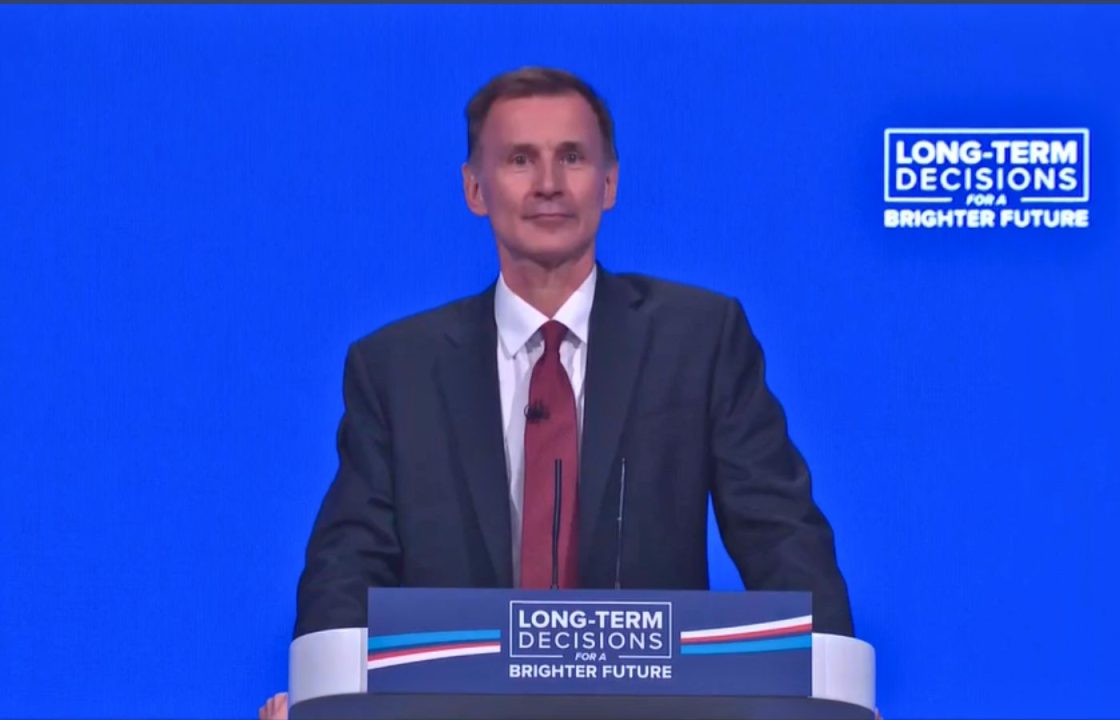 STV News
STV News




